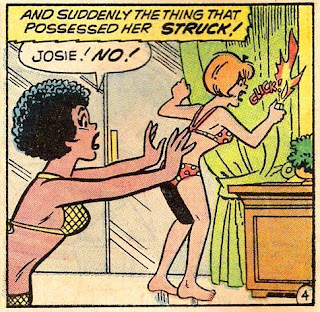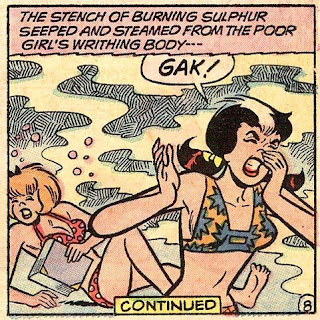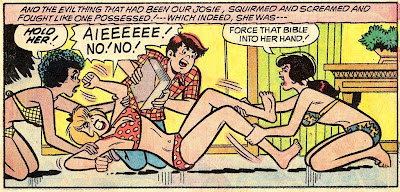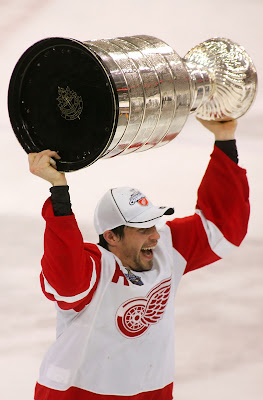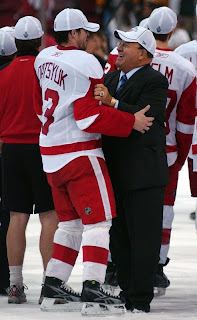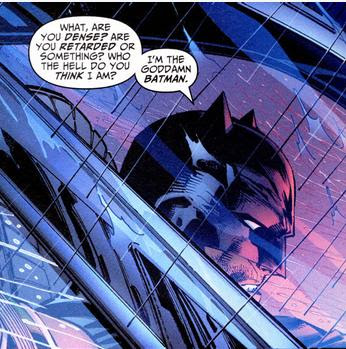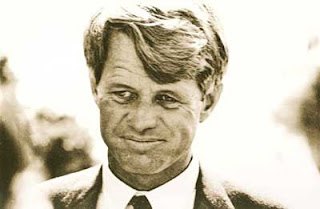
Some unfinished thoughts, for an unfinished life that ended when I was almost 13. My father was making breakfast when the news came over the radio.
I don't know much, and the more I learn the dumber I get (or at least, the more cognizant of my own ignorance), but one of the things I
do know is that humanity is always in a race between creation and destruction. When Sirhan Sirhan, or whoever, resolved that Robert Kennedy must die, it was for nonsensical reasons, a pact with chaos. I'm not Manichean enough to declare this a war between good and evil, nor Freudian enough to call it Thanatos and Eros, or speculate on the existence of a "death wish" or "life force".
I've been around long enough to recognize ambiguity, to understand that no one is a villain in their own eyes, not even Hitler or Stalin. Indeed, their murderousness might be due in part to seeing themselves as repositories of virtue, or, in Stalin or Pol Pot's case, simply not caring. T, H. White called it "the awful dream of Genghis Khan".
One step forward, two steps back, some build and others work twice as hard to destroy. It's a tragedy that we build these hopeful sandcastles, that can be so quickly knocked down by bullies. The answer, I suppose, would be to build a society or culture that's not so easily torn down.
But that requires certainty, something Hamlet lacks, but Anne Coulter posseses in great measure, until as Yeats says, "the best lack all conviction, while the worst are filled with passionate intensity."
One of my bedside books is a collection from Robert Kennedy's journals, commonplace book, and speeches put together by his son Max:
Make Gentle the Life of This World: The Vision of Robert F. Kennedy. There's a lot of Camus, and the Greeks that Robert Kennedy discovered after the death of his second brother:
"I feel rather like Augustine did before becoming a Christian when he said, 'I tried to find the source of evil and I got nowhere'" Camus says. I think of that scene in
Angel when Angel believes he is about to confront "the source of evil", the Devil himself-- and instead, the magic elevator drops him off back on the street, surrounded by humanity. Humanity doesn't change its ways as easily as a dragon, and the reformer would have to cure the patient without killing him.
Some people expect this struggle to be linear, to do a job and be done with it, slay the dragon, win the Cold War, declare an "end to history" like Francis Fukyama said after the collapse of the Soviet system. But our struggles against destruction are circular, like changing diapers or washing dishes, and we have to get up and do it again. A priest who fed the hungry
a la Mother Theresa to an interviewer that the worst part about his job was that it was boring.
We lost our way when the pivotal figures in the social justice movement were so violently taken out, as when the Gracchi brothers in republican Rome were killed in the street for advancing reform. The fear today is that Obama will be killed as well, and society will collapse back into irony, indifference and opportunism as it did in 1968. Maybe our model ought to be someone like Tony Benn, the British reformer who keeps chipping away at the boulders.
"Perhaps we cannot prevent this world from becoming a world where children are tortured," Camus goes on. "But we can reduce the number of tortured children."
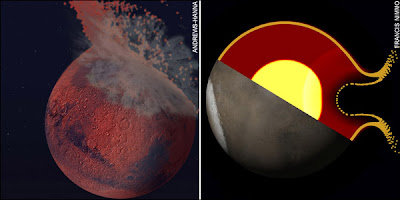
 (And some days it takes more Stones than others...) Where Mythical Bestiary meets Contemporary Culture and Chews On Its Leg Until Covered with Slobber.
(And some days it takes more Stones than others...) Where Mythical Bestiary meets Contemporary Culture and Chews On Its Leg Until Covered with Slobber.
